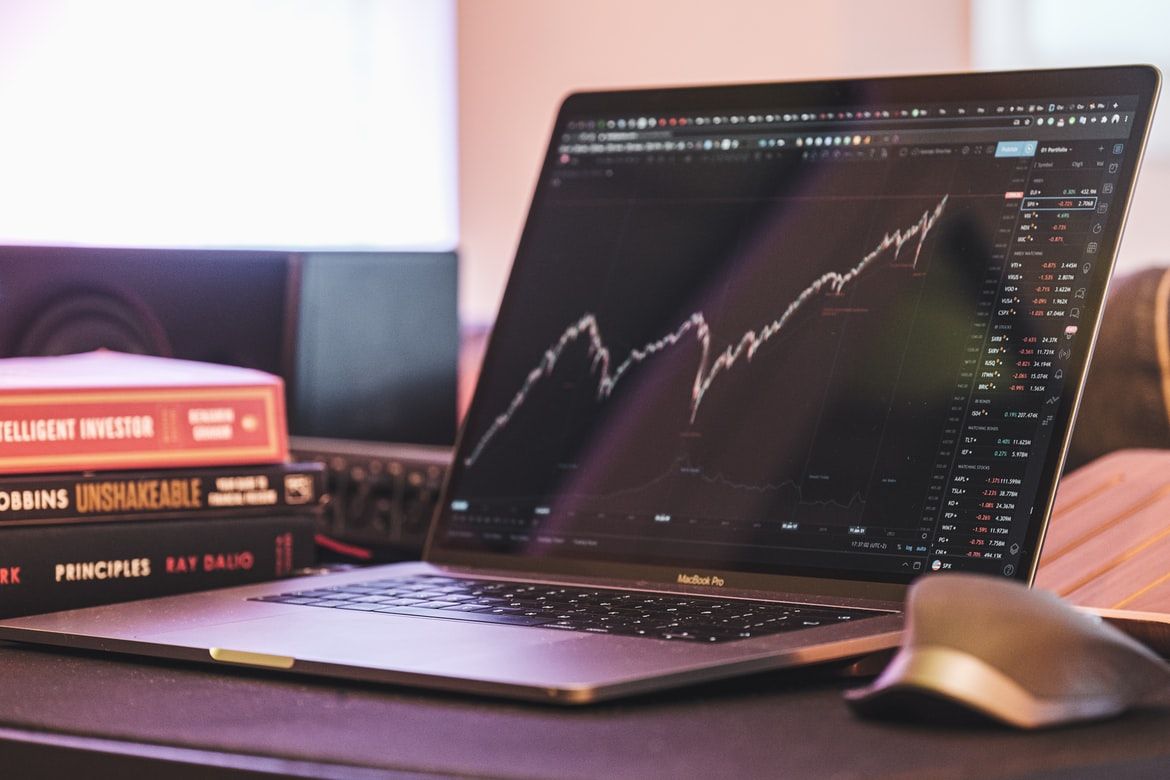Foreign institutional investors (FIIs) sold shares worth a net Rs 2,484.25 crore, while domestic institutional investors (DIIs) purchased shares worth a net Rs 1,904.33 crore in the Indian equity market on June 8, as per provisional data available on the NSE.
Also Read | Trade Setup: Top 15 things to know before market opens on June 9, 2022
In the month of May 2022, FIIs sold shares worth a net Rs 54,292.47 crore while DIIs bought shares worth a net Rs 50,835.54 crore.
Also Read| Explained: Impact of RBI’s repo rate hike on deposits, loans
Sensex slipped 214.85 points or 0.39% to 54,892.49 and Nifty was down by 60.10 points or 0.37% to 16,356.25.
Also Read| RBI MPC meet: Key points from Governor Shaktikanta Das’ press conference
Sensex touched a high and low of 55,423.97 and 54,683.30, respectively. There were 13 stocks advancing against 17 stocks declining on the index.
Also Read| RBI MPC meet: 10 highlights from Shaktikanta Das’ speech
Nifty traded in a range of 16,293.35 and 16,514.30. There were 22 stocks advancing against 28 stocks declining on the index.
Also Read| RBI MPC meet: Central bank proposes linking credit cards to UPI payments
FII stands for ‘foreign institutional investor,’ and refers to an investment fund or an investor who puts their money into a country’s assets while being headquartered outside of it.
Also Read| RBI MPC meet: Central bank hikes policy repo rate by 50 basis points to 4.90%
In India, this is a commonly used term to refer to outside entities contributing to the country’s financial markets by investing.
Also Read| RBI MPC meet: Here’s an overview of the last 8 meetings
On the other hand, ‘DII’ stands for ‘domestic institutional investors.’ Unlike FIIs, DIIs are investors that invest in the financial assets and securities of the country they are currently residing in.
Also Read| RBI MPC meet: Home loan EMIs to get costly as central bank hikes repo rate
These investment decisions of both FIIs and DIIs are impacted by political and economic trends. Additionally, both types of investors — foreign institutional investors (FIIs) and domestic institutional investors (DIIs) — can impact the economy’s net investment flows.







